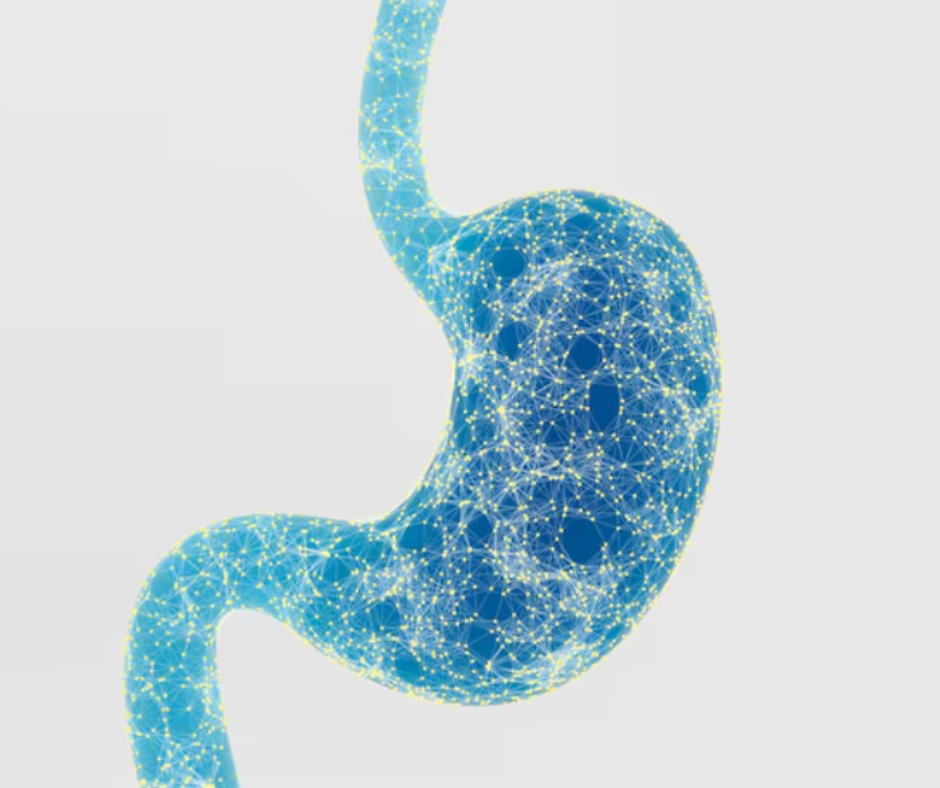The Impact of Alcohol on Fatty Liver Disease
- livercarecenter23
- Aug 6, 2024
- 3 min read
[Website:https://drharikumar.com/]
[Author: liver specialist in kochi]
Alcohol consumption can have a profound impact on liver health, particularly for individuals with or at risk of fatty liver disease. Understanding how alcohol affects fatty liver disease is crucial for managing and preventing liver damage. Here’s a comprehensive overview of the impact of alcohol on fatty liver disease:
How Alcohol Affects the Liver
Fat Accumulation:
Mechanism: Alcohol metabolism leads to the production of acetaldehyde, a toxic compound that can disrupt normal liver function. The liver prioritizes breaking down alcohol over other processes, including fat metabolism, which results in fat accumulation.
Impact on Fatty Liver: Regular or excessive alcohol consumption can lead to alcoholic fatty liver disease (AFLD), where fat builds up in the liver due to impaired fat metabolism.
Inflammation and Liver Damage:
Inflammation: Alcohol can cause inflammation in the liver, exacerbating conditions like fatty liver disease and progressing to more severe liver conditions such as alcoholic hepatitis.
Scarring: Prolonged alcohol use can lead to liver fibrosis (scarring) and, ultimately, cirrhosis, where the liver’s ability to function is severely compromised.
Interaction with Other Conditions:
Non-Alcoholic Fatty Liver Disease (NAFLD): Individuals with NAFLD who consume alcohol may experience worsened liver damage. Even moderate alcohol intake can exacerbate NAFLD and accelerate progression.
Metabolic Syndrome: Alcohol consumption can contribute to obesity, insulin resistance, and other components of metabolic syndrome, further complicating fatty liver disease management.
Risk Factors and Consumption Guidelines
Amount and Frequency:
Moderate Drinking: For individuals with fatty liver disease, it is generally advised to avoid alcohol altogether, as even moderate drinking can have adverse effects.
Heavy Drinking: Excessive alcohol consumption significantly increases the risk of developing alcoholic fatty liver disease and worsening liver damage.
Individual Variation:
Genetic Factors: Genetic predispositions can affect how alcohol impacts liver health. Some individuals may be more susceptible to liver damage from alcohol than others.
Existing Liver Condition: Individuals with pre-existing liver conditions should be particularly cautious about alcohol consumption, as it can aggravate their condition.
Signs of Alcohol-Related Liver Damage
Early Symptoms:
Fatigue: Feeling unusually tired or weak.
Abdominal Discomfort: Pain or swelling in the upper right side of the abdomen.
Unexplained Weight Loss: Losing weight without a clear reason.
Advanced Symptoms:
Jaundice: Yellowing of the skin and eyes, indicating liver dysfunction.
Ascites: Fluid buildup in the abdomen.
Encephalopathy: Confusion or altered mental state due to liver dysfunction.
Management and Prevention
Abstinence from Alcohol:
Essential for Health: Avoiding alcohol is crucial for managing fatty liver disease and preventing further liver damage. This is especially important for individuals with alcoholic fatty liver disease (AFLD) or those with NAFLD who consume alcohol.
Healthy Lifestyle Choices:
Balanced Diet: Adopt a diet rich in fruits, vegetables, whole grains, and lean proteins while avoiding excessive sugars and unhealthy fats.
Regular Exercise: Engage in physical activity to support liver health and manage weight.
Regular Monitoring:
Medical Check-Ups: Regular visits to a healthcare provider are essential for monitoring liver function and managing fatty liver disease effectively.
Support and Resources:
Counseling and Support Groups: For those struggling with alcohol addiction, seeking counseling or joining support groups can be beneficial in maintaining abstinence and improving liver health.
Conclusion
Alcohol consumption has a significant impact on fatty liver disease, with the potential to worsen liver health and accelerate disease progression. Avoiding alcohol, making healthy lifestyle choices, and engaging in regular medical care are essential steps in managing and preventing fatty liver disease. Consult with healthcare professionals to create a personalized plan that supports liver health and overall well-being.



Comments